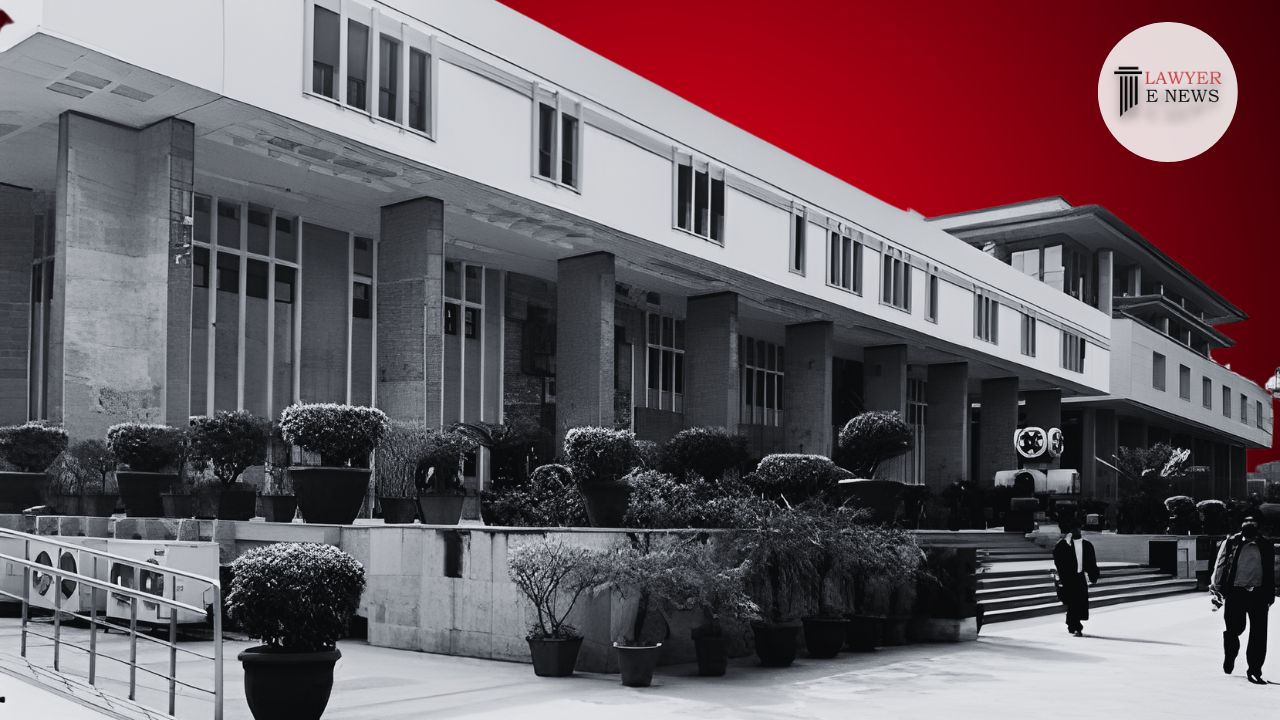-
by Admin
15 February 2026 5:35 AM



The Delhi High Court has quashed the summons issued by the Metropolitan Magistrate against Colgate Palmolive Company and its directors in a case involving allegations of forgery and fabrication of trade mark certificates. Justice Amit Sharma ruled that the foundational facts necessary to establish forgery were not verified, and the complaint was deemed impermissible under Section 195(1)(b) of the Code of Criminal Procedure (CrPC).
The case arose from complaints by Anchor Health and Beauty Care Pvt. Ltd. Against Colgate Palmolive Company and its associates, alleging forgery and fabrication of trade mark certificates related to the red and white color combination used by Colgate. The complaints cited violations under various sections of the Indian Penal Code (IPC) and the Trade Marks Act, 1999.
Verification of Documents: Justice Amit Sharma emphasized the necessity of verifying the authenticity of the documents from the Trade Marks Registry. The court noted, “In view of the aforesaid facts and circumstances, it was incumbent upon the learned Metropolitan Magistrate to conduct an inquiry from the office of the Trade Marks Registry to ascertain whether the alleged forgery is reflected from the records of the said department.”
Forgery Allegations: The court observed that the allegations of forgery and fabrication were not substantiated by concrete evidence. It noted that both the original and duplicate trade mark certificates were issued by authorized officials of the Trade Marks Registry. “The case of Anchor that the certified copy of the certificate of registration dated 28.02.2006 issued, contrary to the advertisement published in the Trade Mark Journal, by the Deputy Registrar in collusion with Colgate would amount to forgery, is also not made out,” the court stated.
Application of Section 195 CrPC: The judgment extensively discussed the bar under Section 195(1)(b) of the CrPC, which prevents the court from taking cognizance of certain offenses unless a complaint is made by the court itself. Justice Sharma highlighted, “In view of the above, this Court is of the considered opinion, as alleged by Anchor, in the same course of transaction, two separate offenses have been committed and for one set of offenses, complaint of Court is mandatory and therefore it is not possible to split them up.”
“The foundational fact for initiation of prosecution for offense punishable under Section 193 of the IPC in the facts of the present case, as averred by Anchor, would be establishing the fact that the documents are forged,” Justice Sharma remarked. He further noted, “Forgery of a document cannot be simply inferred, but has to be established in accordance with law.”
The Delhi High Court’s dismissal of the complaint underscores the importance of concrete evidence in cases of alleged forgery and the procedural safeguards under Section 195 of the CrPC. The judgment sends a clear message regarding the necessity of substantiating claims with verifiable evidence and adhering to legal procedures. This decision is expected to have significant implications for future cases involving similar allegations of forgery and fabrication.
Date of Decision: May 28, 2024
Colgate Palmolive Company & Ors. Vs. State of NCT of Delhi & Anr.
